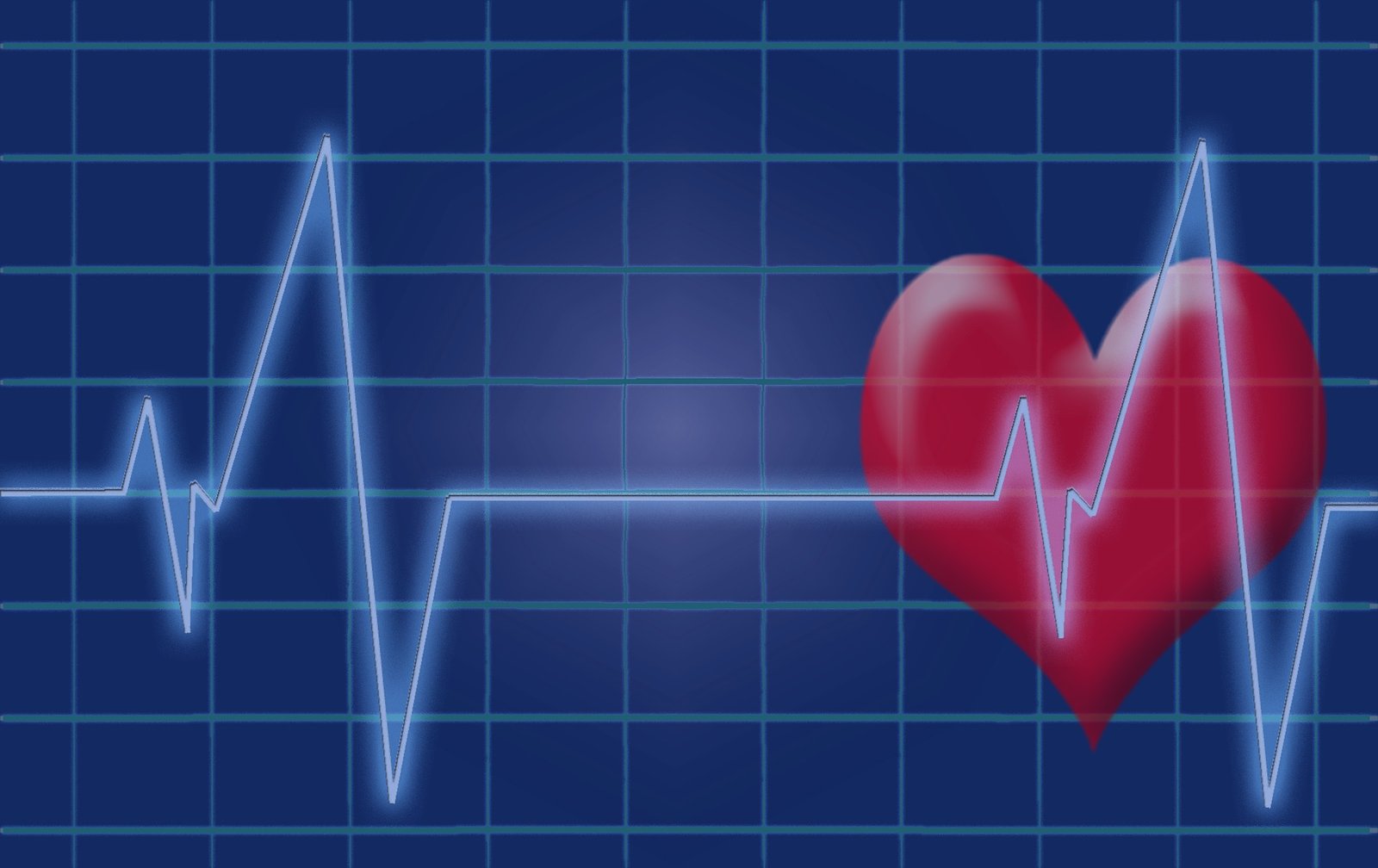Background: This #DoesItWorkSummary is based on the findings of a Cochrane Systematic Review published in August 2017 [1]. Cardiovascular disease is the number one cause of death in the world, since it often results in lethal myocardial infarction or stroke events. Homocysteine is amino acid which is non-proteinogenic (not encoded in the genome as the 21 main amino acids that are involved in the translation of the genetic code in humans). Homocysteine is generated through metabolic conversion of the essential amino acid methionine. According to the “homocysteine theory of arteriosclerosis”, homocysteine can cause vascular damages leading to cardiovascular disease [2]. Moreover, clinical studies indicate that higher serum homocysteine concentration is associated with higher incidence of cardiovascular disease [3]. B-complex vitamins (B6, B9 , B12) support the metabolism of homocysteine, and supplementation with B-complex vitamins reduces homocysteine serum levels [4]. Therefore, a systematic evaluation of the existing human trial data was performed to get overview if homocysteine reduction achieved by supplementation with B-complex vitamins is effective in reducing total death rates and the incidence life-threatening cardiovascular events (myocardial infarction and stroke).
Findings: Analyzed were 15 trials involving 71,422 people [1]. Supplements with vitamins B6, B9, or B12 given alone or in combination did not reduce total death rates or the incidence of myocardial infarction. However, there was a small reduction in the incidence of stroke in people who received vitamin B supplements (B6, B9, or B12, supplemented alone or in combination).
References
1 Martí-Carvajal, A.J., Solà, I., Lathyris, D. and Dayer, M. (2017) Homocysteine-Lowering Interventions for Preventing Cardiovascular Events. Cochrane Database of Systematic Reviews, John Wiley & Sons, Ltd. https://doi.org/10.1002/14651858.CD006612.pub5.
2 McCully, K.S. (2015) Homocysteine and the Pathogenesis of Atherosclerosis. Expert Review of Clinical Pharmacology, Informa Healthcare, 8, 211–219. https://doi.org/10.1586/17512433.2015.1010516.
3 Wald, D.S., Law, M. and Morris, J.K. (2002) Homocysteine and Cardiovascular Disease: Evidence on Causality from a Meta-Analysis. BMJ (Clinical research ed.), British Medical Journal Publishing Group, 325, 1202. https://doi.org/10.1136/BMJ.325.7374.1202.
4 Cook, S. and Hess, O.M. (2005) Homocysteine and B Vitamins. Springer, Berlin, Heidelberg, 325–338. https://doi.org/10.1007/3-540-27661-0_11.
Keywords: #DoesItWorkSummary, homocysteine reduction, preventing cardiovascular disease, myocardial infarction, stroke, B-complex vitamins (B6, B9 , B12).
Join for free INPST as a member
The International Natural Product Sciences Taskforce (INPST) maintains up-to-date lists with conferences, grants and funding opportunities, jobs and open positions, and journal special issues with relevance for the area of phytochemistry and food chemistry, pharmacology, pharmacognosy research, and natural product science.
Leave a comment:


























